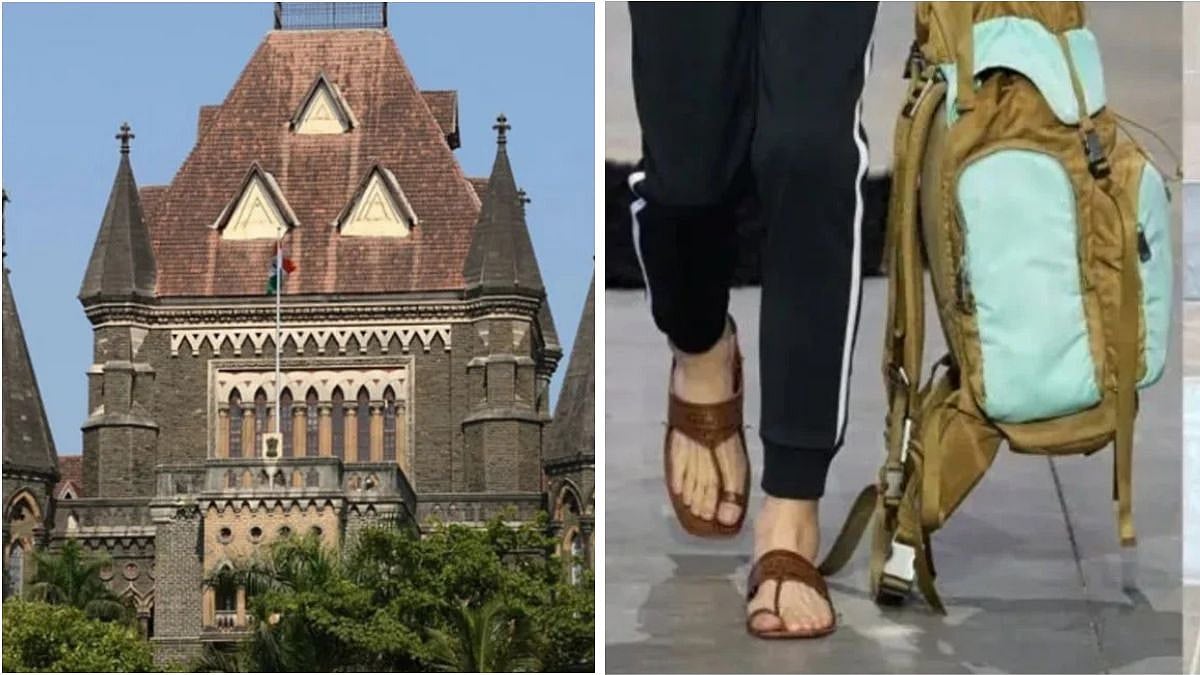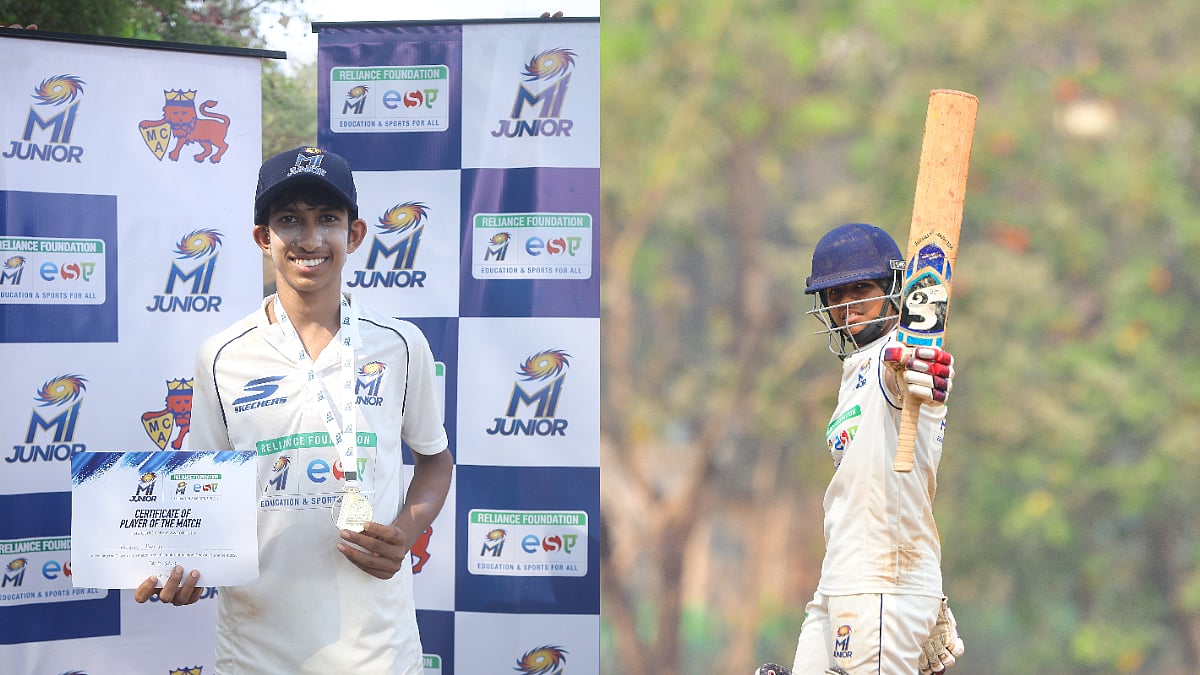Mumbai: The Bombay High Court on Wednesday dismissed a public interest litigation (PIL) filed against luxury fashion house Prada over the alleged misappropriation of the traditional Kolhapuri chappal design.
The court questioned the maintainability of the petition, particularly the locus standi (legal standing of a person to file a petition) of the six advocates who filed it, and ultimately ruled that only statutory owners of the Geographical Indication (GI) could initiate legal proceedings for infringement.
“You are not the owner of the Kolhapuri chappal. What is your locus and where is the public interest?” asked a bench of Chief Justice Alok Aradhe and Justice Sandeep Marne. “Infringement cannot be decided in a PIL. The proprietor has to file a suit.”
The PIL claimed that Prada’s Spring/Summer collection featured ‘toe ring sandals’ that were “deceptively similar” to traditional Kolhapuri chappals, which hold cultural significance in Maharashtra. Priced at around Rs1 lakh per pair, the sandals allegedly drew inspiration from Indian artisans without formal acknowledgment or compensation.
The petition argued that the Kolhapuri chappal, a GI-registered product since 2009 (valid till 2029), is not just a craft but a livelihood for many artisans in Maharashtra.
Petitioners contended that despite the GI Act being in force for over two decades, there has been poor enforcement, leaving artisan communities vulnerable. “Kolhapuri chappal is not only a GI but also their livelihood,” argued petitioners’ advocate, adding that this case could set a global precedent against cultural misappropriation.
The court was informed that the Leather Industries Development Corporation of Maharashtra (LIDCOM) and Leather Industries Development Corporation (LIDCA) of Karnataka are registered as proprietors of GI as Geographical Indications of Goods (Registration and Protection) Act. The judges asked why LIDCOM cannot file a suit.
The court emphasised that only the registered proprietors could file a suit for alleged infringement. "Infringement cannot be decided in a PIL. The proprietor has to file a suit." said Justice Marne.

Senior advocate Ravi Kadam, representing Prada Group and Prada India Fashion Pvt Ltd, opposed the plea that the petitioners were not statutory owners of the product and hence have no statutory right to file such a petition. “Only the statutory owners have a right to file suit for alleged infringement,” Kadam argued.
While the petition sought an injunction against Prada and compensation for the artisans, the court dismissed it saying: “Dismissed. Reasons to follow.”




